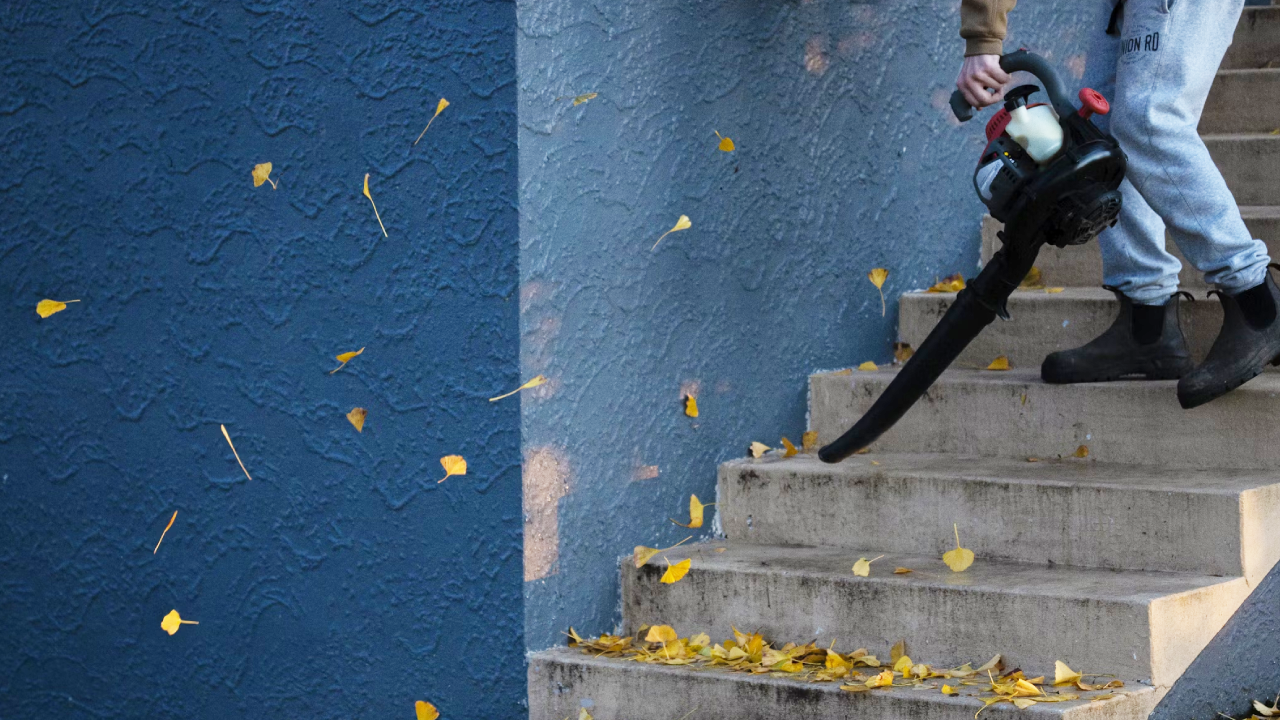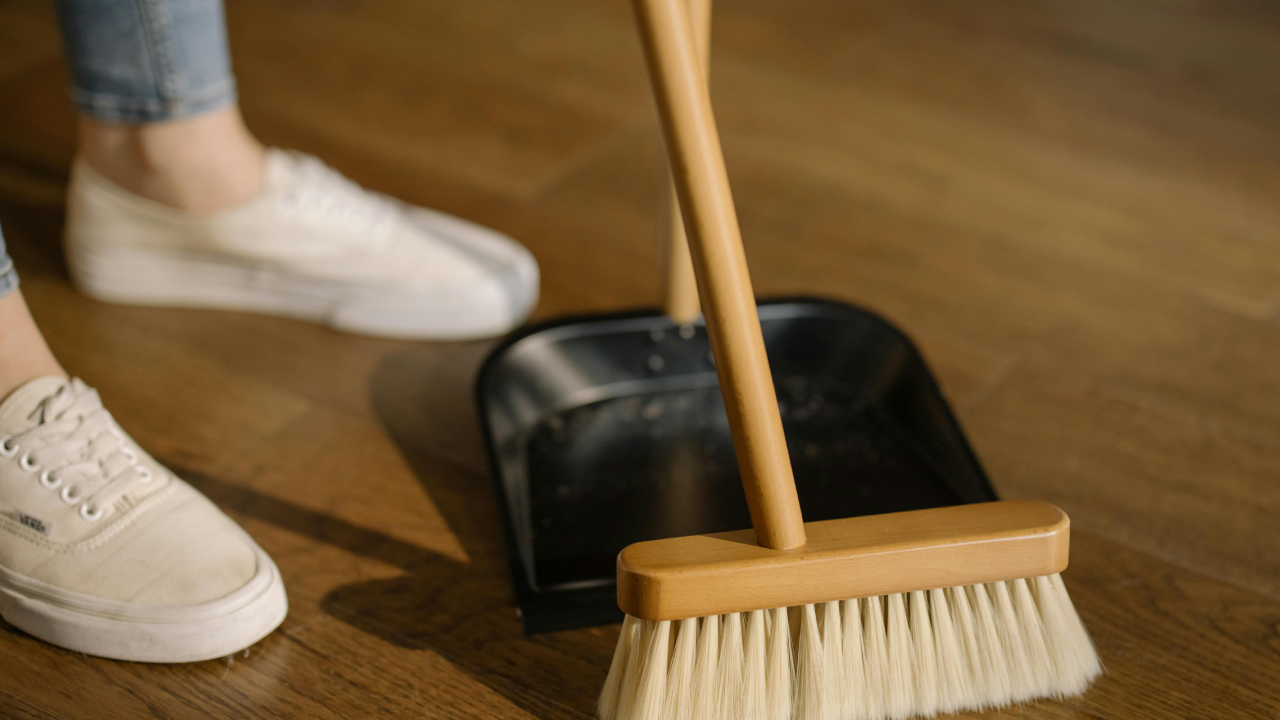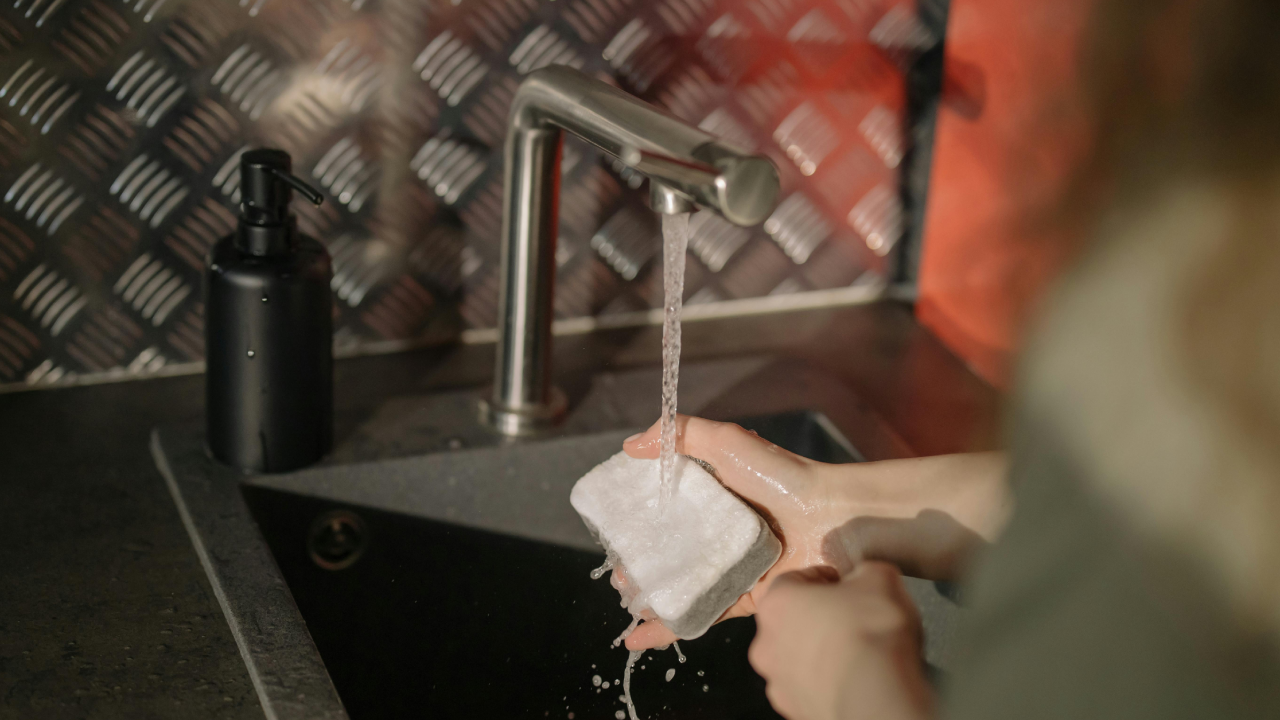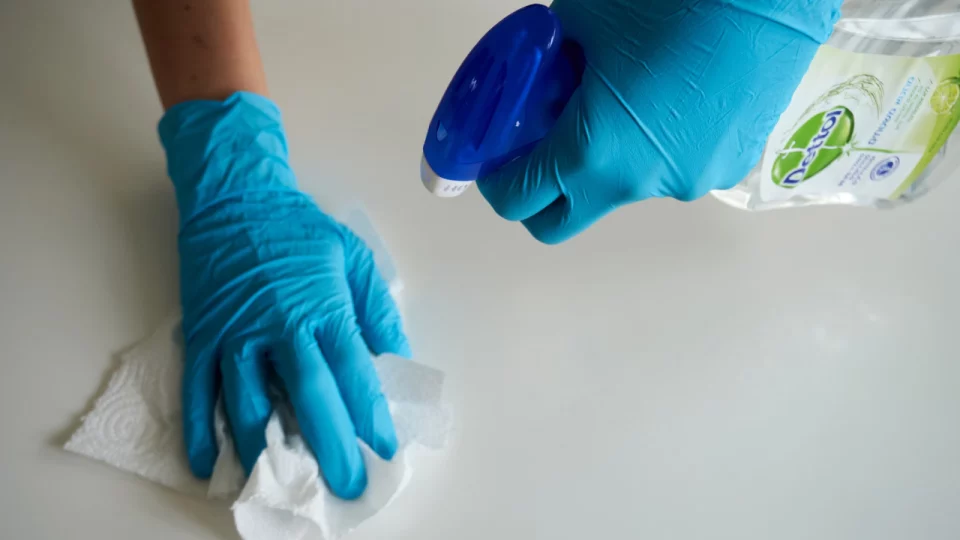In today’s fast-paced world, maintaining a clean and organized home can often feel like an insurmountable task. With busy schedules, constant distractions, and the never-ending list of responsibilities, cleaning can quickly become the last thing on our minds. However, what many people overlook is that cleaning isn’t just about keeping a space tidy—it’s about fostering a healthy, stress-free environment that promotes well-being in both the physical and mental sense. What if cleaning could transform from being a burdensome chore into a beneficial habit that you no longer dread, but look forward to?
A clean living environment has a direct and profound impact on your quality of life. From reducing allergens and improving air quality to fostering mental clarity and reducing anxiety, keeping your space clean isn’t just about appearances—it’s about enhancing your overall health. Studies have shown that people living in cluttered or dirty homes are more likely to experience stress, anxiety, and even depression. On the other hand, those who maintain clean, organized spaces often report higher levels of focus, productivity, and general satisfaction in life. The benefits of cleaning go beyond the physical; they extend to mental well-being, social interactions, and even your emotional health.
However, the challenge remains: how do we make cleaning a consistent, healthy habit instead of a dreaded task we only tackle when absolutely necessary? The answer lies in changing the way we think about cleaning and how we integrate it into our lives. Much like exercising or eating healthy, making cleaning a habit requires a shift in mindset, some planning, and a series of small but intentional actions that build up over time.
Table of Contents
Why Cleaning is Important for Health

Before diving into how to make cleaning a habit, it’s important to understand the health benefits associated with keeping a clean living space. A dirty or cluttered environment can significantly affect both your physical and mental health.
1. Physical Health Benefits
A clean home isn’t just about aesthetics; it’s about minimizing health risks. Dust, mold, and allergens can accumulate quickly, especially in corners, under furniture, and in areas we might overlook during our daily activities. Here’s how cleaning helps protect your physical health:
- Reduction of Allergens: Dust mites, pet dander, and pollen can cause allergic reactions such as sneezing, runny noses, and itchy eyes. Regular vacuuming, dusting, and cleaning air filters can significantly reduce these allergens.
- Prevention of Mold Growth: Mold thrives in damp, unclean environments, particularly in bathrooms and basements. Regular cleaning and ventilation can prevent mold from spreading, which is crucial since mold exposure can lead to respiratory issues like asthma and bronchitis.
- Germ and Bacteria Control: Surfaces in your kitchen, bathroom, and common areas can harbor germs and bacteria. Regularly disinfecting high-touch surfaces, like door handles and light switches, reduces the risk of spreading illnesses such as colds, the flu, and other infections.
2. Mental Health Benefits
Clutter and disorganization can also take a toll on your mental health. A clean, organized space helps foster a sense of control and well-being. Here’s how cleaning can support your mental health:
- Reduced Stress and Anxiety: Studies have shown that a cluttered environment can contribute to stress. When your surroundings are clean and tidy, it’s easier to relax and focus on what matters, whether it’s work, family, or personal hobbies.
- Increased Productivity: A clean and organized workspace can improve your concentration and productivity. When you don’t have to search for items or feel overwhelmed by visual clutter, you can focus more easily on the task at hand.
- Sense of Accomplishment: Cleaning offers a tangible sense of achievement. Whether it’s organizing a closet or scrubbing a countertop, completing cleaning tasks can give you a dopamine boost, the brain’s reward chemical, making you feel more accomplished and satisfied.
How to Turn Cleaning Into a Healthy Habit

Making cleaning a habit requires time, patience, and some strategy. The key is to start small and build a routine that integrates seamlessly into your daily life. Here’s a step-by-step guide to help you make cleaning a consistent, healthy habit.
1. Start Small: Micro-Habits for Daily Cleaning
It’s easy to feel overwhelmed by the idea of keeping your entire home spotless, especially if you’re busy or have a large household. Instead of trying to tackle everything at once, focus on creating “micro-habits”—small, manageable tasks that can be done daily without much effort.
For example:
- Make your bed as soon as you get up. This takes less than a minute but sets a productive tone for the day.
- Wipe down kitchen countertops after each meal preparation. This keeps surfaces clean and prevents grime from building up.
- Sweep or vacuum high-traffic areas like the kitchen or living room once a day or every other day to prevent dirt from accumulating.
Micro-habits are easier to stick to because they don’t require a lot of time or mental energy, but over time, they add up to significant improvements in cleanliness.
2. Create a Cleaning Schedule
Developing a cleaning routine that works for you is key to making cleaning a habit. A well-structured cleaning schedule ensures that every area of your home gets the attention it needs without overwhelming you.
A basic weekly cleaning schedule might look like this:
- Monday: Dust all surfaces (tables, shelves, electronics)
- Tuesday: Vacuum and mop floors
- Wednesday: Clean bathrooms (sinks, toilets, showers)
- Thursday: Organize and declutter common areas
- Friday: Deep clean the kitchen (oven, fridge, and stovetop)
- Saturday: Change bed linens and do laundry
- Sunday: Relax or focus on deep-cleaning projects (e.g., windows, baseboards)
This type of schedule breaks up cleaning into manageable chunks and prevents cleaning from feeling like an all-day task.
3. Use the 10-Minute Rule
For those who struggle with finding the time or motivation to clean, the 10-minute rule can be a game-changer. Set a timer for 10 minutes and dedicate that time to cleaning one area of your home, whether it’s tidying up your living room or wiping down bathroom counters.
Even if you’re only able to commit to one or two 10-minute sessions a day, you’ll be amazed at how much you can accomplish in such a short time. This approach also makes cleaning feel less daunting, as it breaks the task into short, focused bursts of activity.
4. Declutter Regularly
Clutter is one of the biggest barriers to maintaining a clean and organized home. Over time, it’s easy to accumulate items you no longer need, whether it’s clothing, kitchen gadgets, or old magazines. By decluttering regularly, you reduce the number of items you have to clean and organize, making daily cleaning tasks easier.
A good rule of thumb is to go through your belongings every few months and ask yourself whether you’ve used each item in the past year. If not, consider donating or discarding it. Decluttering not only simplifies cleaning but also creates more physical and mental space for you to enjoy your home.
5. Invest in Quality Cleaning Tools
Using the right tools can make cleaning more efficient and less of a chore. For instance, a quality vacuum cleaner can significantly reduce the time it takes to clean floors, while microfiber cloths are excellent for picking up dust and cleaning surfaces without leaving streaks.
You don’t need to spend a fortune on cleaning supplies, but investing in durable, effective tools can make a big difference in how quickly and easily you’re able to clean.
6. Make It Fun: Incorporate Music or Podcasts
Cleaning doesn’t have to be boring. You can make the experience more enjoyable by incorporating music, podcasts, or audiobooks. The right soundtrack can energize you, making time pass more quickly and making you feel more motivated to complete tasks.
Create a playlist of your favorite upbeat songs or find an engaging podcast to listen to while you clean. You might even start looking forward to cleaning as a chance to catch up on your favorite audio content.
The Long-Term Benefits of Maintaining a Clean Environment

Once you’ve established cleaning as a healthy habit, the benefits extend far beyond a tidy home. Maintaining a clean environment can improve various aspects of your life, including your health, relationships, and personal happiness.
1. Improved Health and Hygiene
As mentioned earlier, a clean home minimizes allergens, mold, and bacteria, which can lead to better overall health. When you regularly clean and disinfect your home, you reduce the risk of infections and respiratory issues, creating a safer living environment for yourself and your family.
2. More Time for Yourself
At first, it might seem like cleaning regularly takes up a lot of time, but in the long run, it can save you time. By staying on top of small, daily cleaning tasks, you prevent larger messes from building up, which means you won’t have to spend entire weekends deep cleaning or organizing.
With less time spent on massive cleaning sessions, you’ll have more free time to relax, pursue hobbies, or spend time with loved ones.
3. Better Focus and Mental Clarity
A clutter-free environment promotes better focus and mental clarity. When your home is clean and organized, you’re less likely to be distracted by mess and more able to concentrate on your work, studies, or creative projects. This mental clarity can improve your productivity and overall sense of well-being.
4. Enhanced Social Life
A clean, welcoming home can make you feel more comfortable inviting friends and family over. When your space is well-maintained, you won’t have to scramble to clean up before guests arrive, allowing you to enjoy their company without stress.
A tidy home also creates a positive impression, showing that you take pride in your living space, which can strengthen relationships with those around you.
5. A Stronger Sense of Accomplishment
Maintaining a clean home brings a continuous sense of accomplishment and satisfaction. Every time you complete a cleaning task, no matter how small, you reinforce the habit of taking care of your environment. Over time, this can boost your self-esteem and contribute to a greater sense of purpose and achievement in your daily life.
